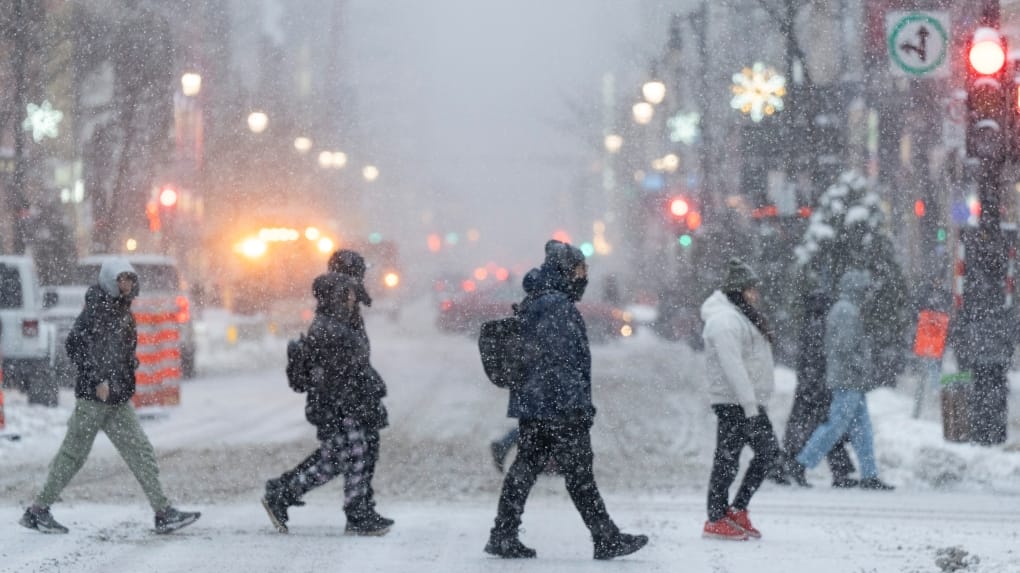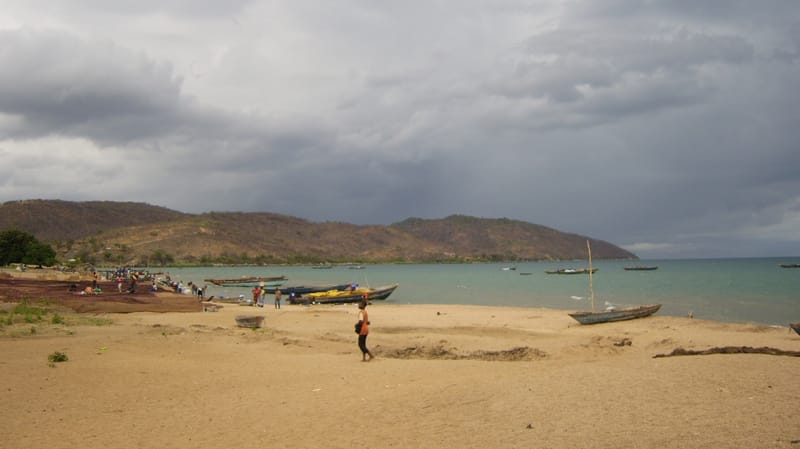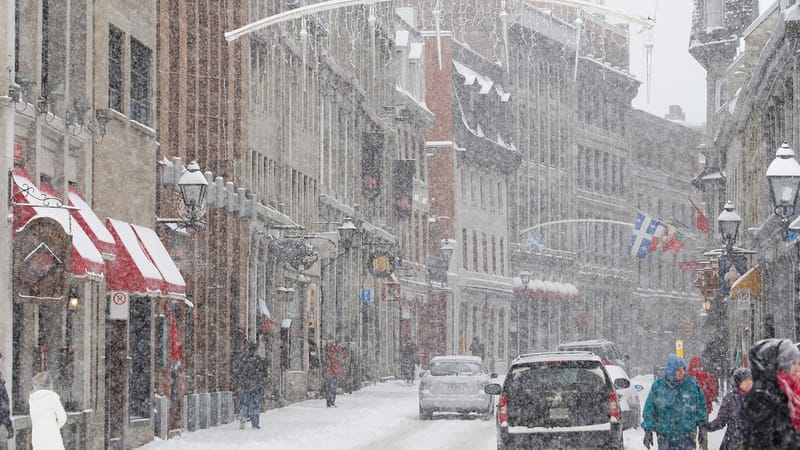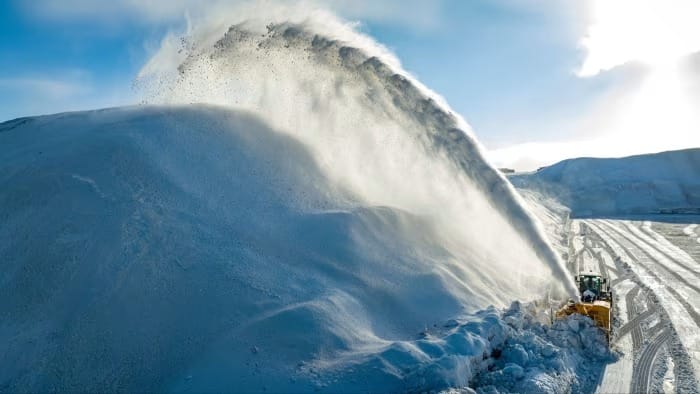2024 broke records across the Quebec weather spectrum
In some ways, 2024 was the perfect storm.

2024: A Year of Record-Breaking Weather in Quebec
The past year presented a series of extreme weather events that left Quebec reeling. “Stick a thermometer into the province that says well done,” remarked David Phillips, a climatologist with Environment Canada, summarizing the unprecedented conditions of 2024.
The year began with downed trees and widespread power outages in Quebec, but it also marked record-breaking temperatures. "This past fall was the warmest on record. The summer was the warmest on record, and I'm talking about 77 years of record," Phillips stated. He further noted that the spring was the third warmest in 77 years, ranking near the top.
A Rare Celestial Event
April brought a memorable moment as a total solar eclipse was visible across North America, with Montrealers enjoying a clear view. “Who would have thought that at the beginning of April you could ever have clear unlimited visibility? I mean, it's usually a cloudy month,” Phillips commented.
Summer Heat and Heavy Rain
The summer of 2024 saw 13 days of scorching heat with temperatures exceeding 30 degrees Celsius. However, the season also brought unexpected wet weather, with hurricanes and tropical storms delivering historic rainfall.
In July, Hurricane Beryl hit, bringing approximately 100 millimeters of rain to Montreal. The heavy rainfall caused significant flooding, turning the Decarie Expressway into a canal and leaving 12,000 residents without power.
Just a month later, the remnants of Tropical Storm Debby brought an unprecedented 155 millimeters of rain to the city, marking the wettest event in Montreal’s history. The damage from this storm became the most expensive weather incident Quebec had ever experienced.
Infrastructure Challenges
Adding to the year’s woes, a major water main broke weeks later, flooding streets near downtown Montreal and affecting several areas, including media studios.
Looking Ahead to 2025
The year ended with above-seasonal temperatures, freezing rain, and smog warnings, leaving many to wonder what 2025 might hold. “I would hope it's not as stormy and that way maybe hurricanes will go back to being more of an east coast kind of thing than a mid-continent kind of thing,” Phillips remarked.
As temperatures in January settle into the usual seasonal range, Environment Canada remains optimistic for a more typical climate in the coming year.





